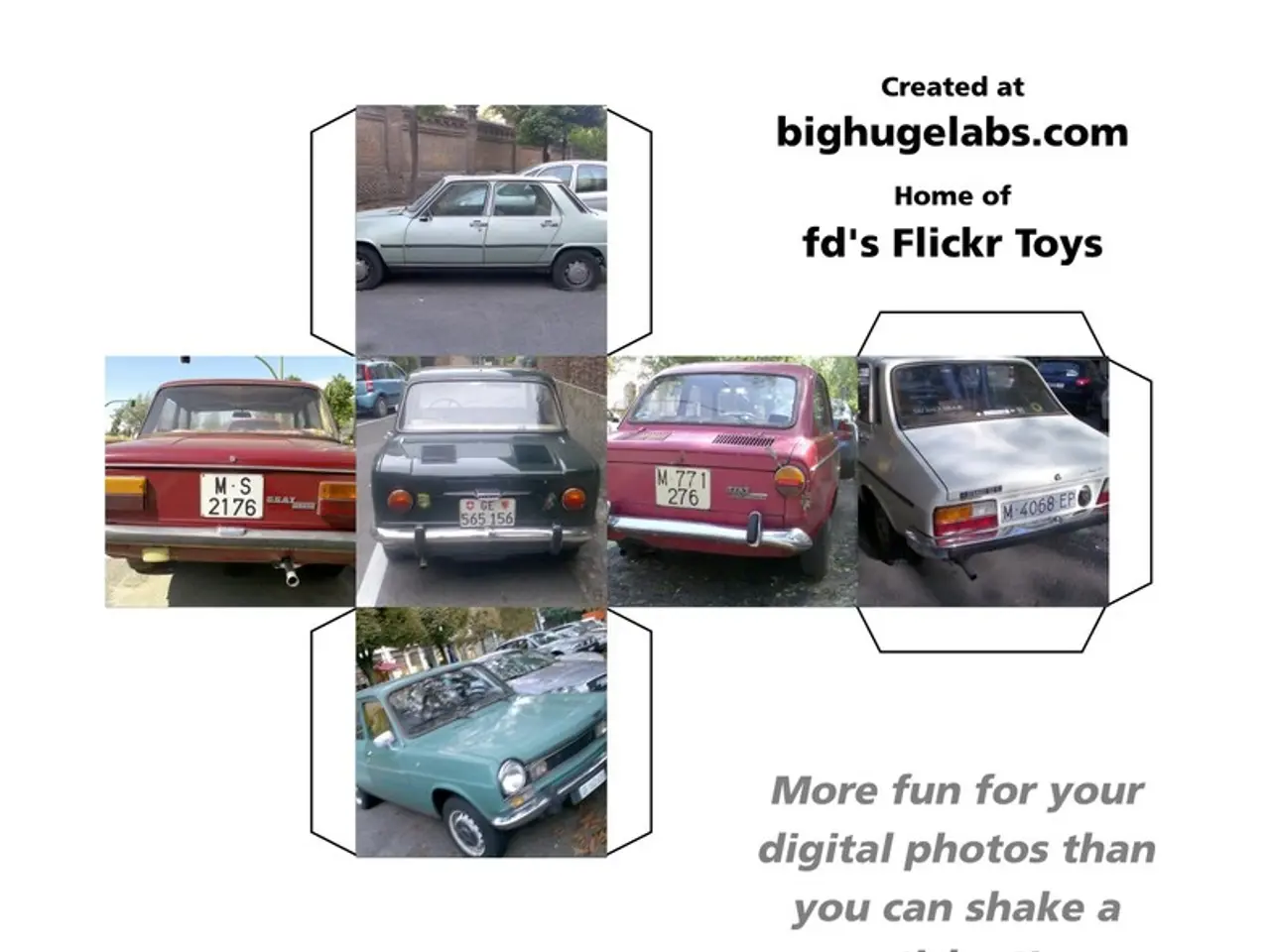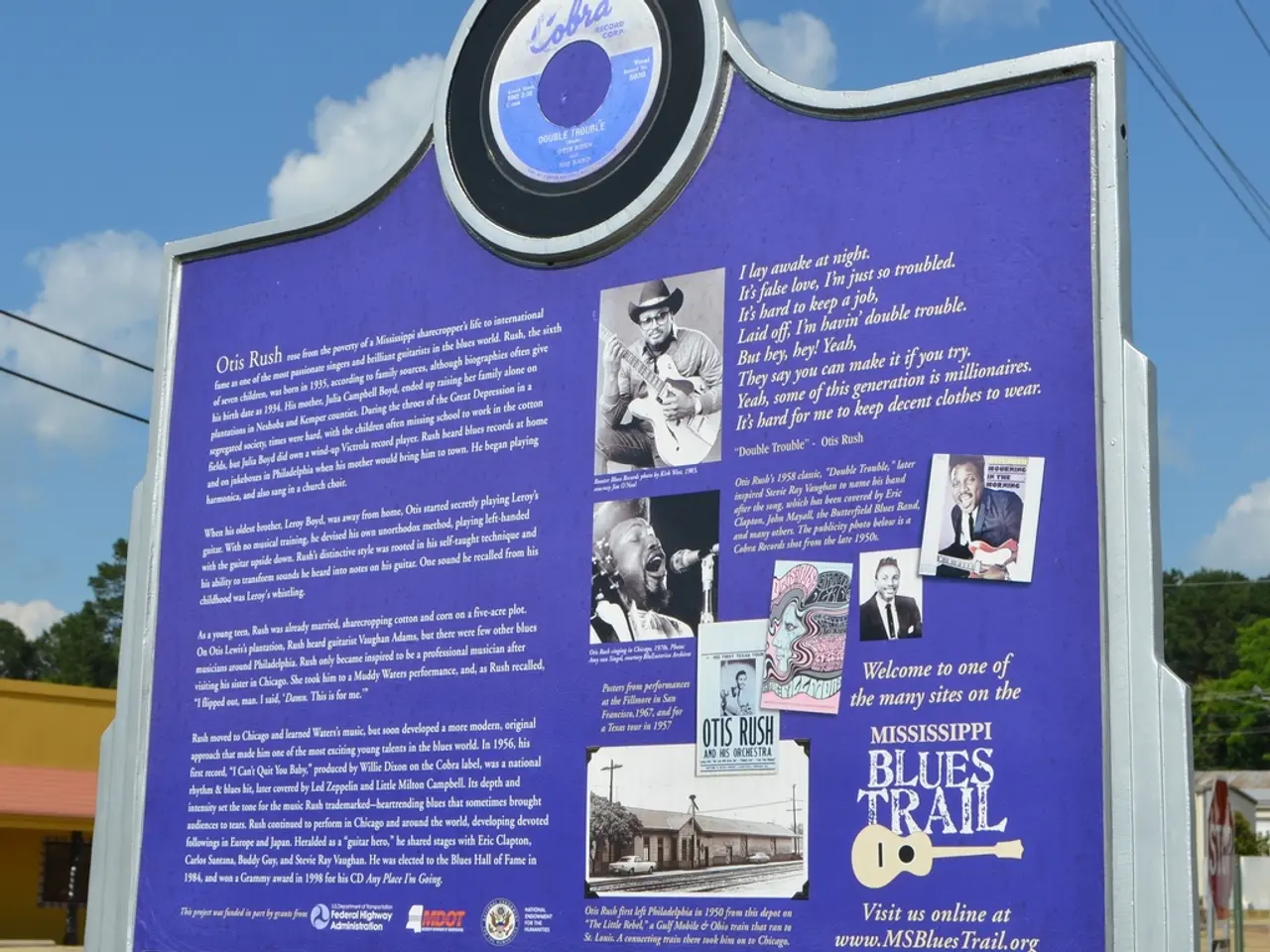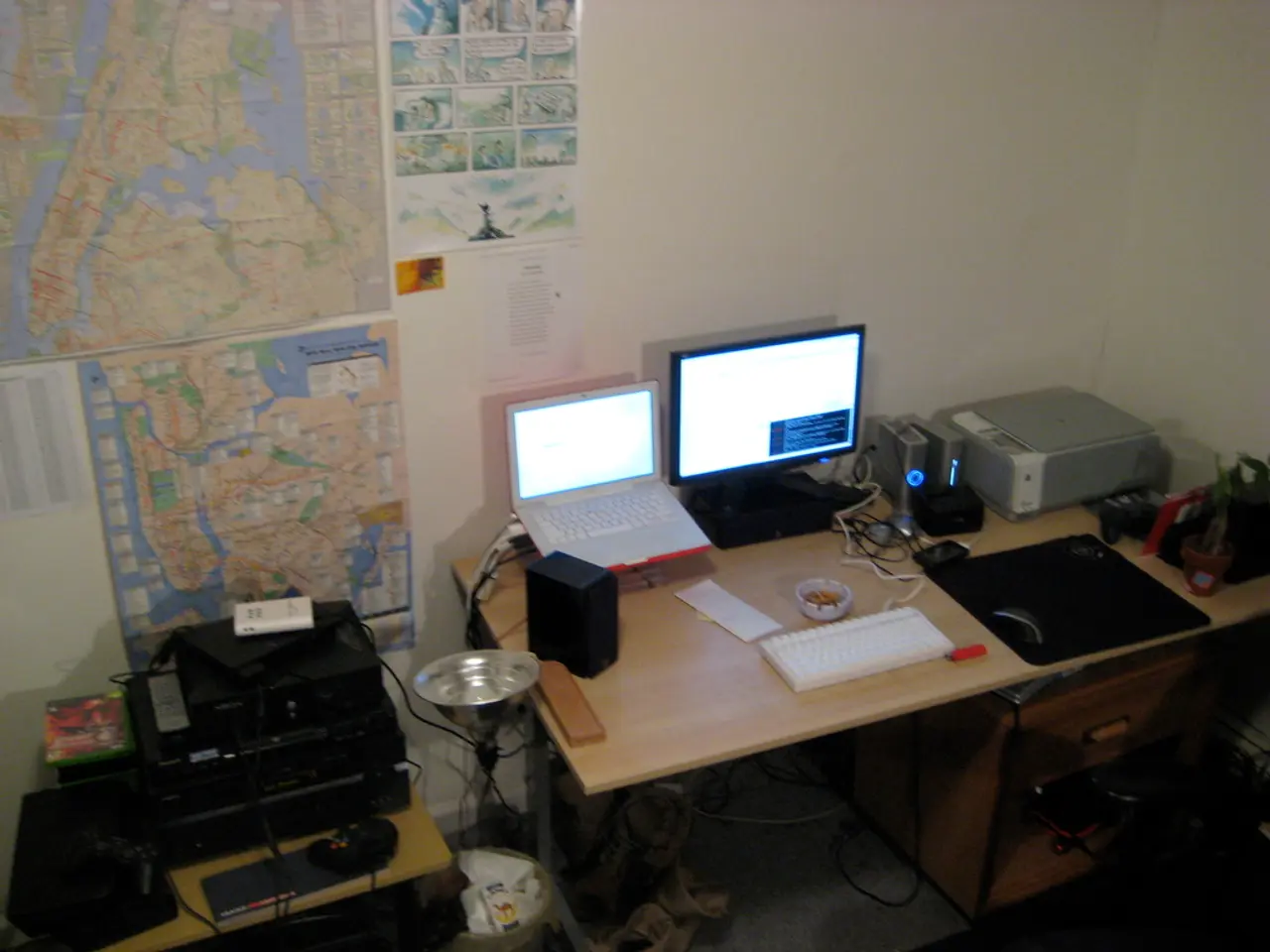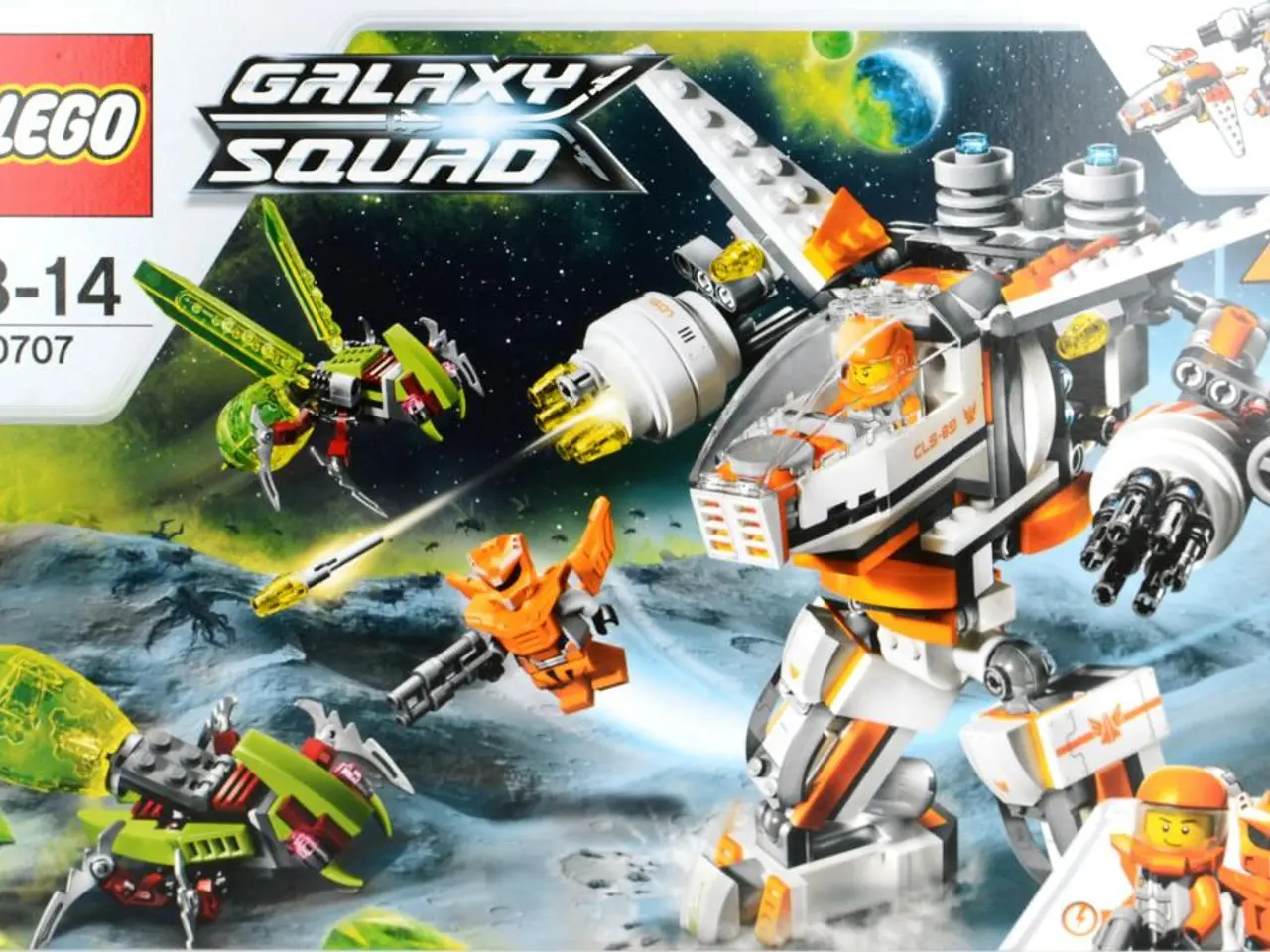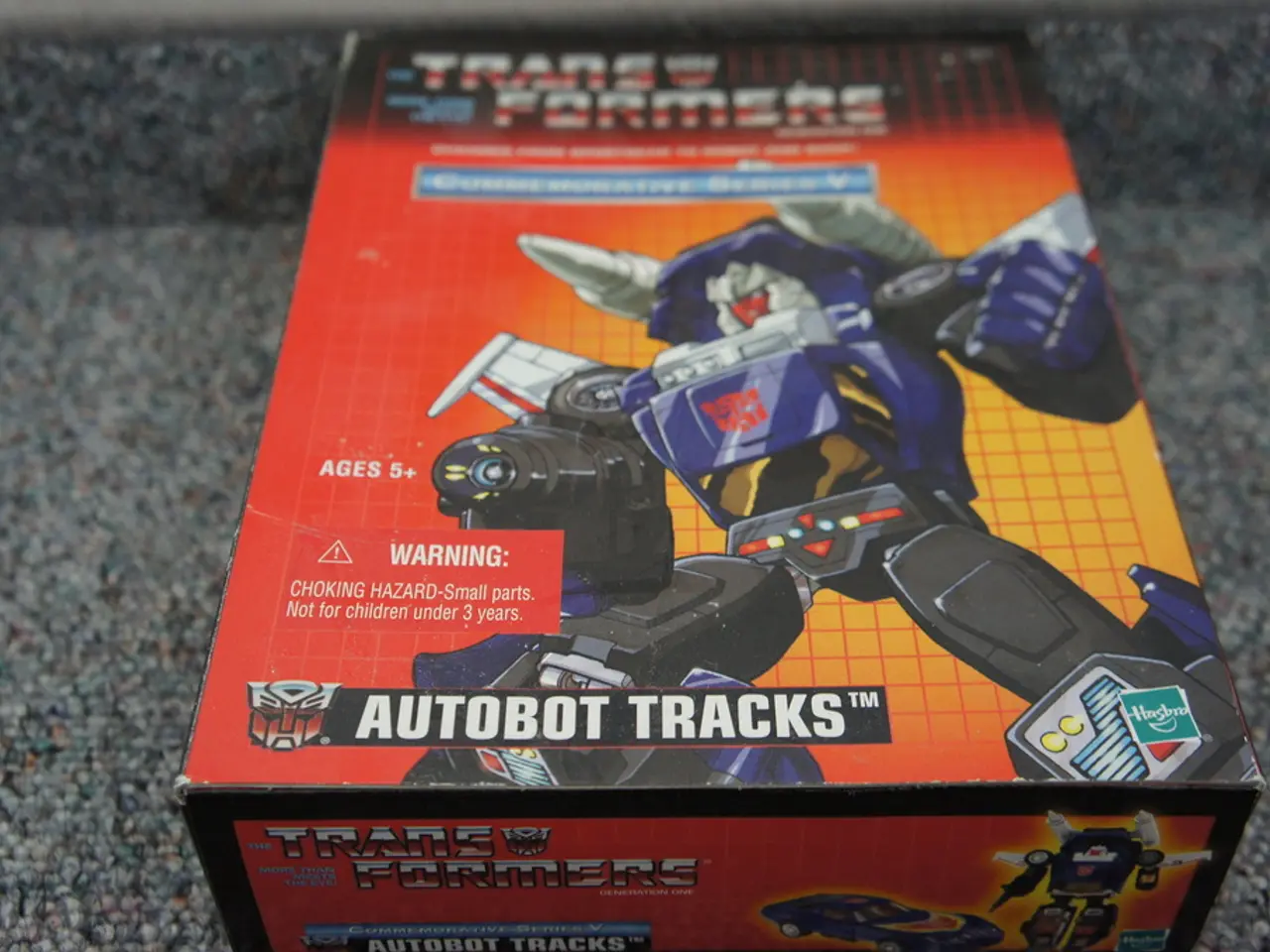Latest Updates in Autonomous Vehicle Sector: Tesla, Torc, Kodiak Robotics, Helm.ai, Guiden, and ADASTEC in the Spotlight
In the world of autonomous vehicles, Tesla continues to lead the charge with its ambitious robotaxi program. The Californian electric vehicle giant announced its test phase in Austin, Texas, set to begin on June 22, 2025, with plans for a global rollout by 2026. The unique selling point of Tesla's system is its reliance solely on cameras and AI, without the use of radar or Lidar sensors.
Tesla's robotaxi program, however, faces significant technical challenges in navigating complex driving conditions and regulatory scrutiny. The National Highway Traffic Safety Administration (NHTSA) has already launched investigations due to safety concerns observed during early tests. Despite these challenges, Tesla made history in late June 2025 when it completed its first fully autonomous delivery of a Model Y from the Gigafactory in Austin to a customer's home, with no human driver or remote operator involved.
Meanwhile, other players in the autonomous vehicle market are making strides of their own. Kodiak Robotics, a company focused on autonomous freight trucks, has partnered with Roush Industries to scale production of AI-powered autonomous trucks, starting in the second half of 2025. Roush Industries, with its five-decade history in vehicle systems integration and manufacturing, will upfit Kodiak Driver-equipped trucks at its Livonia, Michigan facility.
Torc Robotics, another key player in the autonomous trucking sector, has joined the Stanford Center for AI Safety. Their partnership aims to develop safe and reliable autonomous trucking systems. Innoviz Technologies, a leading supplier of LiDAR sensors, has signed a deal with a top-five global automaker to supply its InnovizTwo LiDAR sensors for a Level 3 autonomous driving system in 2027.
Helm.ai, a company specializing in AI perception software, has launched Helm.ai Vision, an advanced AI-powered perception system for Level 2+ and Level 3 autonomous driving in urban environments. The system meets ISO 26262 ASIL-B(D) safety standards, eliminating the need for Lidar or HD maps.
Tesla's robotaxi service in Austin will be available via an invitation-only program, operating within a geofenced area, from 6 a.m. to midnight. Each robotaxi will be remotely monitored during the early phase. As of mid-2025, Tesla remains at the forefront of autonomous vehicle development, with several notable advancements and ongoing challenges.
In this rapidly evolving landscape, it is essential to keep a close eye on the progress of these companies. For more detailed updates on Torc Robotics, Kodiak Robotics, Helm.ai, Guiden, and ADASTEC, a separate targeted search is recommended as their progress may vary, and no direct recent updates are found in the current search results.
**Summary Table:**
| Company | Current Status (mid-2025) | |------------------|------------------------------------------------------------------| | Tesla | Robotaxi tests in Austin; full autonomous Model Y delivery done; FSD testing expanding in Europe; facing technical and regulatory challenges[1][2][4] | | Torc Robotics | No recent info in search results; known for autonomous trucking development (industry knowledge) | | Kodiak Robotics | No recent info in search results; focused on autonomous freight trucks (industry knowledge) | | Helm.ai | No recent info in search results; AI perception software provider (industry knowledge) | | Guiden | No recent info in search results; autonomy software developer (industry knowledge) | | ADASTEC | No recent info in search results; autonomous driving platforms focus (industry knowledge) |
In the realm of autonomous vehicle industry, Tesla remains at the forefront with its robotaxi program, despite facing technical challenges and regulatory scrutiny. Meanwhile, companies like Kodiak Robotics, focusing on autonomous freight trucks, are partnering with Roush Industries for AI-powered autonomous trucks production. In the automotive sector, Torc Robotics is known for autonomous trucking development, while Helm.ai provides AI perception software for autonomous driving systems. These companies' progress should be closely monitored as they contribute significantly to the advancement of technology in transportation.
